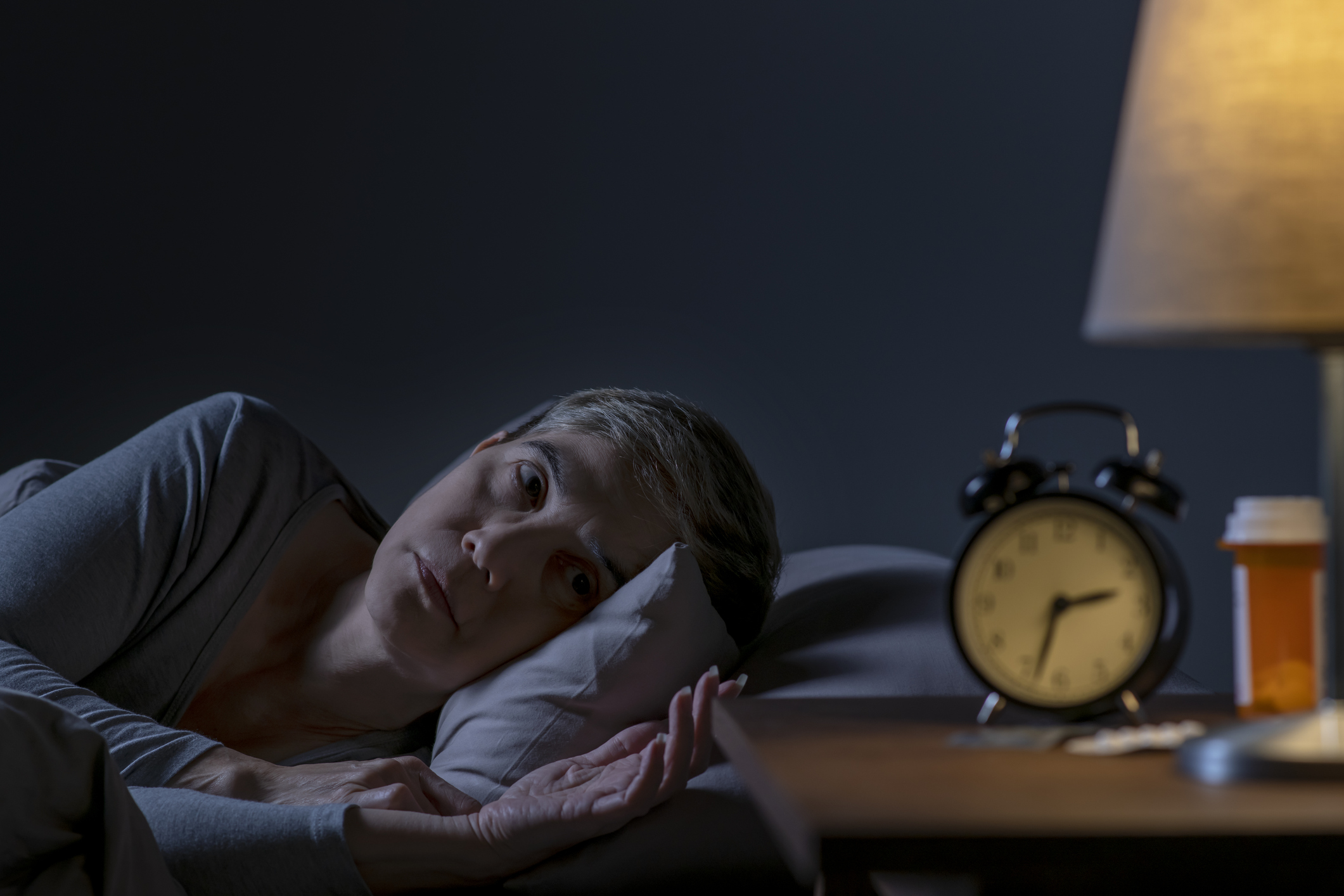Get Easy Health Digest™ in your inbox and don’t miss a thing when you subscribe today. Plus, get the free bonus report, Mother Nature’s Tips, Tricks and Remedies for Cholesterol, Blood Pressure & Blood Sugar as my way of saying welcome to the community!
Skimping on sleep is a real nightmare for your body

Are you getting enough sleep? Think about it. It’s important to be rested so you can think clearly and handle all that life throws your way. But there’s another reason to seriously consider the amount of sleep you get, because without enough, you’re doing your body some real harm.
Less sleep, less bone density
A bone density study at The Medical College of Wisconsin has shown that if you continually go to bed too late, you may be draining calcium from your skeleton.
That’s what happened in the study to the lab rats whose sleep was restricted during a 72 day period. The researchers saw the rats’ bone formation stop entirely, and their bone density continued to decrease.
According to researcher Carol Everson, “… the potential medical implications [of our study] are far-reaching and may include poor repair of microdamage from activities of daily living, introduction of osteoporotic processes, and changes to progenitor cells that may affect disease predisposition and disease resistance.”
These results could possibly explain the onset of osteoporosis as we age. For most of us who are fortunate to go through most of our life without sleep problems, they certainly seem to catch up to us as we get older.
One natural way to combat poor sleep is to increase melatonin — the naturally-occurring hormone that helps cue your body to ready for sleep. Melatonin production decreases with age, but you can safely replenish it with supplements or cherries.
A study published in the European Journal of Nutrition found that when adults had two daily glasses of tart cherry juice, they slept 39 minutes longer, on average, and had up to a 6 percent increase in overall sleep efficiency (significantly less non-sleep time in bed).
I drink about a quarter cup of tart cherry juice every evening before my bedtime and it works every time.
Poor sleep, poor heart
In addition to the well-known risk factors for heart disease—i.e., smoking, poor diet and lack of exercise—we can now add lack of sleep. And it seems that the cause of the lack of sleep, be it insomnia or sleep apnea, is less important than the sleep loss itself.
In a study involving 657 Russian men between the ages of 25 and 64, with no prior known history of heart disease, stroke or diabetes, sleep quality was assessed and cases of myocardial infarction (heart attack) and stroke were recorded over the following 14 years.
The findings were startling and clear: 63% of study participants who suffered heart attack during this period also had a sleep disorder.
Poor sleep and heart problems often go hand in hand with stress. If stress is what’s keeping you up at night, and the tart cherry juice or melatonin supplement doesn’t do the trick, you could try meditation.
Mind-body relaxation practices such as mindful meditation may be particularly effective in improving cardiovascular health and reducing risk factors for heart attacks and strokes. In addition to the stress-relieving benefits of mindful meditation and other related practices such as yoga and tai chi, these time-honored exercises are shown in multiple studies to directly benefit cardiovascular function, reduce inflammatory markers, improve immune function and support cognitive health and emotional well-being.
For more ways to improve your sleep patterns, see our sleep tips infographic too.
How much sleep is enough sleep?
The National Sleep Foundation recommends 7-9 hours for adults (26-64), and 7-8 hours for older adults (65+).
“The NSF has committed to regularly reviewing and providing scientifically rigorous recommendations,” says Max Hirshkowitz, PhD, Chair of the National Sleep Foundation Scientific Advisory Council. “The public can be confident that these recommendations represent the best guidance for sleep duration and health.”
So the next time you are tempted to stay up past your bedtime and skimp on your sleep, ask yourself this question: Is it really worth it?












